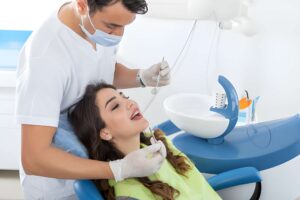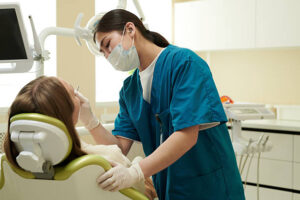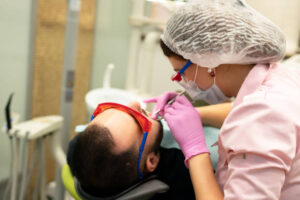Good morning! Many of us were brought up to believe that the best time to brush our teeth is right after breakfast. It seems like the right thing to do, doesn’t it? You eat, you brush, and your teeth are clean for the day. But hold on – this may not be the best practice for your oral health. In this article, we’ll explore why brushing your teeth immediately after breakfast might not be as beneficial as you think. We’ll also discuss some alternative strategies to maintain a healthy smile. So, grab your cup of tea, sit back, and let’s dive into this morning routine mystery.
The Morning Dental Routine
Starting your day with a fresh mouth is essential. Most people follow a morning dental routine that includes brushing their teeth after breakfast. It seems logical – you want to get rid of any lingering food particles and start your day with a clean slate. However, there’s more to it than meets the eye.
The Impact of Breakfast on Teeth
Your breakfast choices play a significant role in your oral health. Many breakfast foods, such as cereals, fruit juices, and even some fruits, are acidic. When you consume acidic foods, your mouth becomes more acidic too. Brushing your teeth immediately after consuming acidic food can harm your enamel, the protective layer of your teeth.
Acidic Attack on Enamel
Acid softens your tooth enamel temporarily. Brushing while your enamel is in this weakened state can lead to enamel erosion. This means you’re brushing away tiny bits of your teeth each time, making them more vulnerable to cavities and sensitivity. It’s like scrubbing a delicate surface when it’s not ready to be cleaned.
The Optimal Time to Brush
So, if brushing immediately after breakfast isn’t ideal, when should you brush your teeth? It’s best to wait for about 30 minutes after eating. This allows your saliva, which has natural enamel-strengthening properties, to neutralize the acid in your mouth. Once your mouth returns to a healthier pH level, you can safely brush your teeth without risking enamel damage.
The Importance of Saliva
Saliva is your mouth’s natural superhero. It not only helps to neutralize acids but also contains minerals like calcium and phosphate, which help remineralize your teeth. Chewing sugar-free gum can also stimulate saliva production, aiding in this process.
Post-Breakfast Oral Hygiene
Instead of brushing immediately after breakfast, start with a good rinse. Swish some water around your mouth to remove loose food particles. You can also use an antimicrobial mouthwash to freshen your breath. After waiting for the magic 30 minutes, go ahead and brush your teeth gently with fluoride toothpaste for two minutes.
Don’t Forget to Floss
Flossing is just as important as brushing. Food particles can get stuck between your teeth, leading to plaque buildup and potential gum problems. Flossing once a day, preferably before bedtime, helps ensure you get rid of these hidden culprits.
Brushing Techniques & Tips
- Soft Bristles, Please: Skip the hard or medium bristles and go straight for a toothbrush with soft bristles, mates. It’s gentler on your gums and enamel.
- Angle Matters: Aim your toothbrush at a 45-degree angle against your gum line. Gets right in there, it does.
- The Circular Technique: Gentle circular motions, that’s the ticket! Say ‘no’ to back-and-forth scrubbing, unless you fancy wearing down your teeth.
- Two-Minute Rule: None of this ‘brush and dash’ business. Spend a proper two minutes cleaning those pearly whites.
- Don’t Forget the Tongue: A cheeky scrub on the tongue can go a long way in fighting bad breath.
- Change is Good: If you’re holding onto your toothbrush longer than you hold onto a cuppa, it’s too long. Replace it every three to four months.
- Fluoride Toothpaste: Make sure you’re using toothpaste with fluoride for that added protective barrier. And none of that pea-sized nonsense, a ribbon of toothpaste makes for a jollier brush!
- Rinse Properly: A splash of cold water to rinse is fine, but if you’ve got a mouthwash handy, a quick swish wouldn’t go amiss.
- The Art of Flossing: If you’re not flossing, you’re only doing half the job. Flossing gets into the crevices that your toothbrush might miss.
- Post-Snack Wisdom: Had a nibble between meals? Rinse your mouth with water to neutralise acids. Chewing sugar-free gum works as well.
- Consult the Experts: And by that, I mean your dentist. A regular check-up is non-negotiable for maintaining that dazzling British grin.
Conclusion
In conclusion, while it might seem like a good idea to brush your teeth immediately after breakfast, it’s essential to consider the impact of your breakfast choices on your oral health. Waiting for about 30 minutes after eating before brushing can help protect your enamel and maintain your smile’s health. Remember to rinse, brush gently with fluoride toothpaste, and don’t forget to floss daily. By making these simple adjustments to your morning routine, you can enjoy a healthier, happier smile.
For more information visit: GK Dental Implants and Cosmetic Clinic
